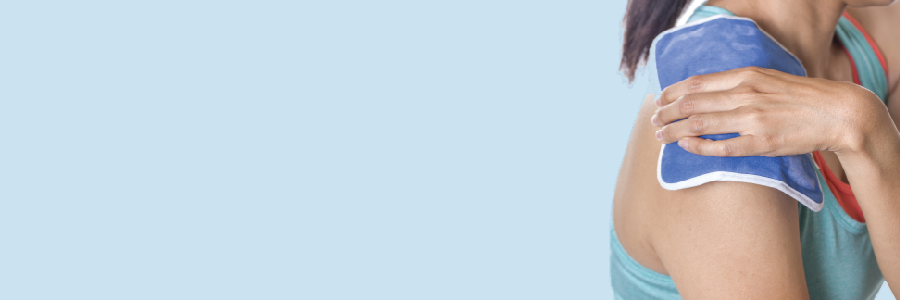Sports injuries are injuries to your body which occur during exercise or while playing sports. They may involve muscles, tendons, ligaments, bones and joints. They can occur in the upper limb, spine and lower limb. In this section, we will focus on injuries of the shoulder.
Some common sports injuries around the shoulder are:
- Rotator cuff tears (please visit our section on rotator cuff tears for more information)
- Shoulder dislocations (please visit our section on shoulder dislocations for more information)
- Labral tears (SLAP tears)
- Rupture of the biceps tendon: proximal (at the shoulder) or distal (at the elbow)
- Pectoralis major tendon rupture.
How to prevent sports injuries?
- Warm up properly before exercise with dynamic stretching and light cardio
- Have proper form and technique
- Wear the right gear
- Do not push yourself too hard
- Cool down with static stretching
- Take proper self care and rest to treat minor injuries
- Seek medical attention if pain is severe, or it does not settle down with simple measures

